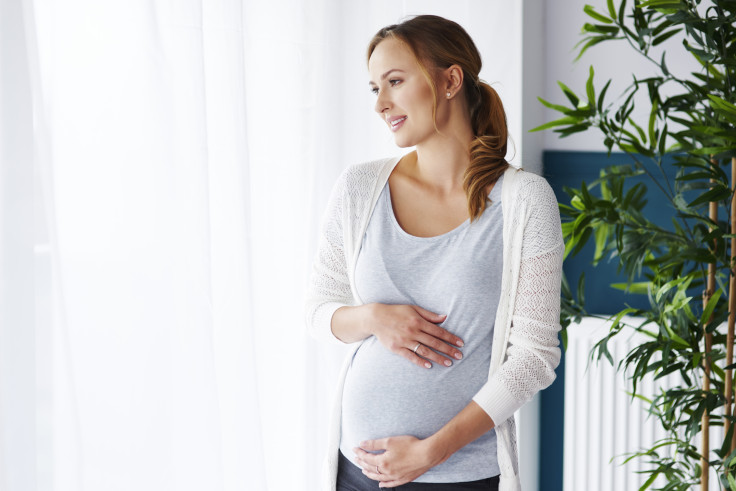Hypertensive Disorders In Pregnancy Linked To Fatal Heart Disease Risk After Giving Birth: Study

Hypertensive disorders in pregnancy are linked to an increased risk of cardiovascular mortality for up to a year after birth, a recent study has revealed.
The findings of the latest study published in the journal Pediatric and Perinatal Epidemiology, reveal that the conditions that typically cause dangerously high blood pressure in pregnancy except gestational diabetes doubled the fatal cardiovascular disease risk in women.
These conditions include chronic hypertension, gestational hypertension, preeclampsia without severe features, preeclampsia with severe features, superimposed preeclampsia, and eclampsia.
"Maternal and postpartum mortality rates in the U.S. are higher than in other high-income countries and rising, but more than half of cardiovascular disease-related deaths are preventable. This study provides new information about how each hypertensive disorder is related to fatal cardiovascular disease, so healthcare providers can monitor patients with such complications more closely and develop strategies for keeping them healthy postpartum," said lead author Rachel Lee, from Rutgers Robert Wood Johnson Medical School, in a news release.
For the study, researchers examined the Nationwide Readmissions Database and estimated pregnancy-related mortality rates for females between the ages of 15 to 54 from 2010 to 2018.
Out of more than 33 million delivery hospitalizations, researchers identified hypertensive disorders in 11% of cases. The researchers noted that the number increased with time.
"In 2010, 9.4 percent of patients in the study had hypertensive disorders of pregnancy. By 2018, that figure had risen by more than half to 14.4 percent," the news release stated.
"We've gotten better at predicting, diagnosing, and treating preeclampsia in this country, so the risk of death is falling for any individual patient with that condition," said Cande Ananth, senior author of the study.
However, the sharp increase in the number of patients who develop chronic hypertension has more than offset the improved ability to treat it, Ananth noted.
"Cases of chronic hypertension are rising sharply among people of childbearing age, but optimal treatment strategies remain uncertain. While we're treating more pregnant people with mild hypertension with antihypertensive medications, there remain many questions about the right definitions of hypertension in pregnant compared to non-pregnant individuals," Ananth said.
Expectant mothers with high blood pressure conditions, particularly those with pre-existing hypertension, need special attention since heart disease symptoms can mimic typical pregnancy signs.
Delayed diagnosis can lead to an increased incidence of avoidable complications such as strokes. Hence, timely diagnosis and effective treatment of high blood pressure disorders, particularly preeclampsia-eclampsia, are important, researchers explained.



























